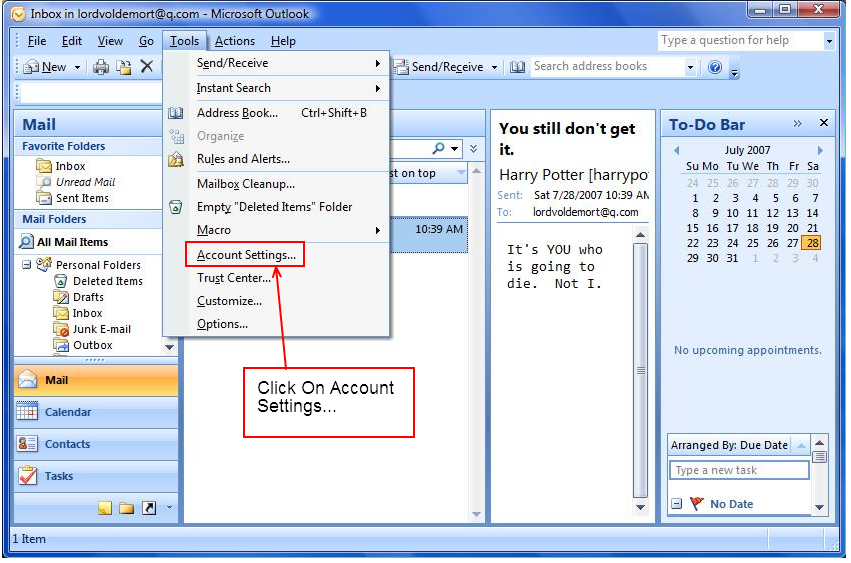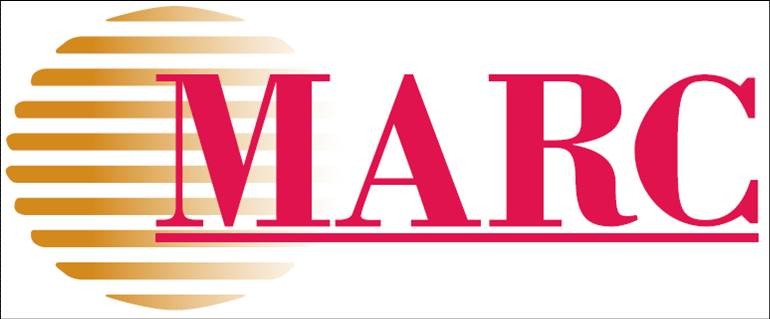Outlook 2007_1
Post on: 20 Июль, 2015 No Comment

Things may need to change if you want them to stay the same. That’s more than just a spin on an exhausted clichй — it’s a bang-on way to approach this year’s portfolio review heading into RRSP season. Last year’s dramatic changes to Canada’s investment landscape could require you to make adjustments so you can stay on course, especially for retirement. For most of us the changes should be no more than tweaks, says Tom Zaks, an investment adviser for RBC Dominion Securities. You want to take all emotion out of the process to rebalance your allocations — and stick to your plan, he says.
The first step in rebalancing your portfolio is to review what you expect in the way of returns and weigh that against your tolerance for risk, Mr. Zaks says. As we age, we have less time to recover from a risky investment gone wrong, so our risk tolerance should diminish. If you choose to put your money into less-risky investments, your expectations for high returns should be lowered as well.
Also, if past returns were better or worse than expected, or you have more or less money to invest, you may want to alter the level of risk to keep on track.
The next step is to determine how much each security gained or lost in the past year in relation to your expectations and its sector or asset class. Review 2006 and find out what worked and what didn’t, Mr. Zaks says. As a general rule, a well-balanced portfolio should grow from 6 per cent to 12 per cent annually, depending on the risk level, he says. The riskiest investments should have the strongest returns over the long term.
Before making any move, it’s important to remember that you can adjust your risk-and-return dynamics through asset allocation. The three basic asset classes are: equity, which most often consists of stocks; fixed income, usually bonds; and cash.
A middle-of-the-road mix is 60 per cent stocks, 30 per cent bonds and 10 per cent cash. You can reduce risk by increasing the weightings in fixed income or cash. Cash is key for investment opportunities and liquidity, Mr. Zaks says.
A good retirement plan requires long-term thinking, but it’s also important to consider last year’s big developments in the Canadian equity market — the natural resource rally and the income trust blow-up. Natural-resource stocks have gained about 25 per cent annually for the past five years. Commodities generally run in five-year cycles, which could mean it’s time to lock in gains from resource stocks and mutual funds with above-average performance.
BMO Resource Fund manager Bill Belovay says he expects the sector to be volatile over the next year but believes strong returns will continue. Investors who want to lighten their resource load, however, should look to sell when the underlying commodity prices such as crude oil are rallying, he says: When the market starts telling you to buy, start selling.
The other big financial story for 2006 was income trusts. The sector sold off in November after the federal government announced it would tax distributions by 2011, and it has not yet fully recovered. Rob Lauzon, an income-trust portfolio manager with Middlefield Capital, suggests investors with a heavy weighting in trusts should scale back their holdings to less than 15 per cent of the portfolio. You want to lower your weightings in trusts with a high amount of debt, or cyclical industries like trucking and retail, he says.
The key to reducing income-trust risk is to diversify across trust sectors and sizes, Mr. Lauzon says. He cautions older investors who rely on investment income to not sell too many income trusts. Where else are you going to get a nine-per-cent return in Canada? he asks.
One other consideration on the equity side of an investment portfolio is foreign exposure. Foreign-content limits on RRSPs were lifted two years ago, yet most investors still cling to a disproportionately high amount of Canadian equities. More than 97 per cent of all publicly traded equities are from outside Canada. A financial adviser with access to a good research department should be able to help find foreign investments that suit your taste. Returns on fixed-income securities, as the term implies, are more predictable than those of equities, as long as the investor holds them to maturity. Bonds that are traded, or bond funds, should not be considered fixed income in a retirement portfolio because there is a risk of capital loss.

Fixed-income returns are modest in our current low interest-rate environment, but there is a safe way to squeeze the most from your bond portfolio. Blackmont Capital’s director of fixed income, Hank Cunningham, suggests a laddering strategy. Laddering means spreading yields to maturity evenly over a set period of time to provide several opportunities to get the best bonds with the best rates. I like a minimum of 10 years because that covers two business cycles, he says.
Mr. Cunningham says a fixed-income portfolio should also be diversified according to maturity and credit quality. You have to make sure you have your risk spread around, he says, adding that a well-managed bond portfolio should return 6 per cent to 7 per cent in the coming year.
Portfolio diversification is good, but RBC Dominion Securities says there is a risk of over-diversification. You should take an extra look at your mutual fund holdings to see whether securities overlap — you may find yourself with too many funds that look alike. If you hold more than 10, make note of the dйjа-vu funds and consider selling the laggards and contributing the money to the strong ones.
The final step in your rebalancing should be a fee review — those you pay to mutual fund companies, financial advisers and brokerage firms. Compare the management expense ratios (MERs) of funds in the same asset class, look at the relative returns, and ask yourself whether they are worth it.
It’s best to discuss fees and any portfolio changes with a certified financial adviser. A good adviser will have the best market research, the skill to assess it and the ability to give objective advice.
Dale Jackson is a producer at Report on Business Television














